Popular Culture
Expulsion of the Girondins
Throughout the spring of 1793, radicals in the Convention, in the Paris Commune, and in the sections struggled for power against Brissot and his allies, known as the "Girondins." They differed over how the Revolution should be affected by popular pressure.
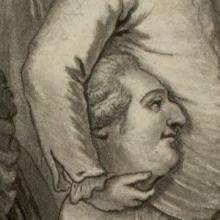
Source Collection: French Monarchy Falls
Although the monarchy had always struggled against elites over the definition of royal power, virtually no one could imagine France being governed without a king. At the outset of the French Revolution, only a handful of citizens had even contemplated a republic.
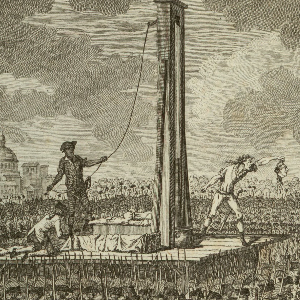
The Tragic End of Louis XVI
As 80,000 crowded into the square to watch the execution of Louis XVI, they cannot have been unaware that the guillotine sat where a statue of Louis XV had been. Here Sanson, the executioner, snatches the detached head of Louis XVI to show to the crowd. He leans forward with approving eagerness.
Robespierre’s Second Speech (28 December 1792)
As part of his defense, Louis’s lawyers had suggested the King should be judged not by the representatives of the people in the Convention but by the people themselves through a referendum.
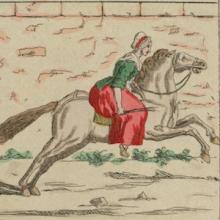
Source Collection: Women and the Revolution
Women participated in virtually every aspect of the French Revolution, but their participation almost always proved controversial. Women's status in the family, society, and politics had long been a subject of polemics.
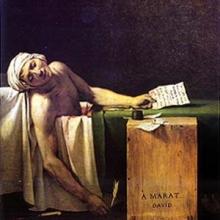
Source Collection: Paris and the Politics of Rebellion
The world was shocked by the swiftness and strength with which radicalism emerged in the first years of the Revolution. Interestingly, it is not so surprising that throughout the two centuries that have elapsed since then, labor has remained mainly arrayed on the political left.
The Petition of Right
In 1628, the position of Charles I of England had gone from bad to worse. Rash enterprises, lavish and illegal expenditure, and broken promises of better government had almost ruptured relations between the monarch and his subjects.

Liberty
Even before the French Revolution, the French had used a woman in a toga to symbolize liberty. By July 1789 this symbol had become quite common and would only grow more familiar over the revolutionary decade.
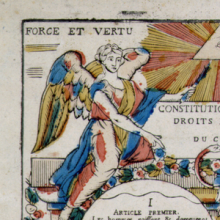
Source Collection: The Enlightenment and Human Rights
When the French revolutionaries drew up the Declaration of the Rights of Man and Citizen in August 1789, they aimed to topple the institutions surrounding hereditary monarchy and establish new ones based on the principles of the Enlightenment, a philosophical movement gathering steam in the eight

Reason
To contemporaries who subscribed to the Enlightenment principles, preceding the French Revolution, the term "reason" was to be contrasted to superstition.